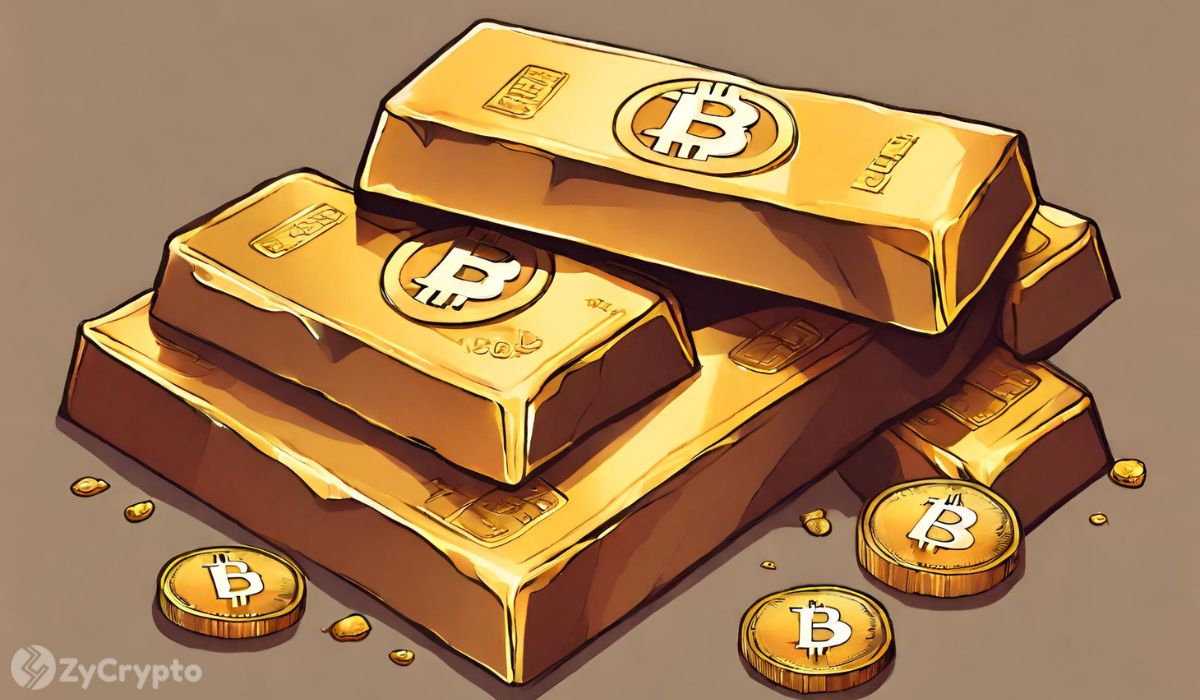Renowned investor and entrepreneur Fred Thiel has made a bold prediction, suggesting that more sovereign nations will prioritize Bitcoin over gold as a reserve asset in the coming years. Thiel’s statement comes amidst a flurry of developments in the cryptocurrency space, including significant price surges and growing institutional interest.
During an interview with popular crypto podcaster Scott Melker on Sunday, Thiel, the CEO of Bitcoin mining firm Marathon Digital, emphasized the evolving landscape of nation-state security and treasury management, identifying Bitcoin as a pivotal asset in this paradigm shift.
Notably, the pundit highlighted Bitcoin’s strategic importance for sovereign nations, framing it as a matter of security and financial sovereignty. He pointed out that while central banks have traditionally favoured gold as a reserve asset, the tide is turning towards Bitcoin as a hedge against fiat currency devaluation.
“[It] doesn’t seem like anybody’s talking the fact about the fact that Sovereign nations are now mining Bitcoin… sovereigns are the single biggest competitors to the large miners because they’re really not interested in the cost to mine, they’re looking to mine Bitcoin because they want to hold Bitcoin as a reserve asset,” said Thiel.
” I think what we’re going to see a huge amount of gold being purchased by central banks these nations because they don’t want to be dollarized…countries are beginning to allocate to bitcoin as a way to hold a certain amount of Reserves there’s a lot of testing going on.” He added.
Thiel’s remarks highlighted the growing perspective within the cryptocurrency community that views Bitcoin as a store of value and a hedge against inflation. Notably, this perception is backed by the recent surge in demand for Bitcoin ETFs and institutional investment, further solidifying its status as a legitimate asset class. Moreover, countries like El Salvador, which adopted Bitcoin as legal tender in 2021, have been using it as a tool for economic recovery, demonstrating its potential impact beyond just being a digital currency.
Moreover, Thiel addressed concerns surrounding Bitcoin’s environmental impact, suggesting that the narrative has shifted away from criticism towards other industries, such as artificial intelligence (AI). He noted that Bitcoin mining has transitioned towards more sustainable energy sources, debunking earlier claims of excessive energy consumption.
The conversation also touched upon the future of Bitcoin mining and the potential for innovation in energy harvesting technologies. Thiel highlighted the role of intelligent devices and decentralized energy markets in driving the next phase of Bitcoin adoption.







